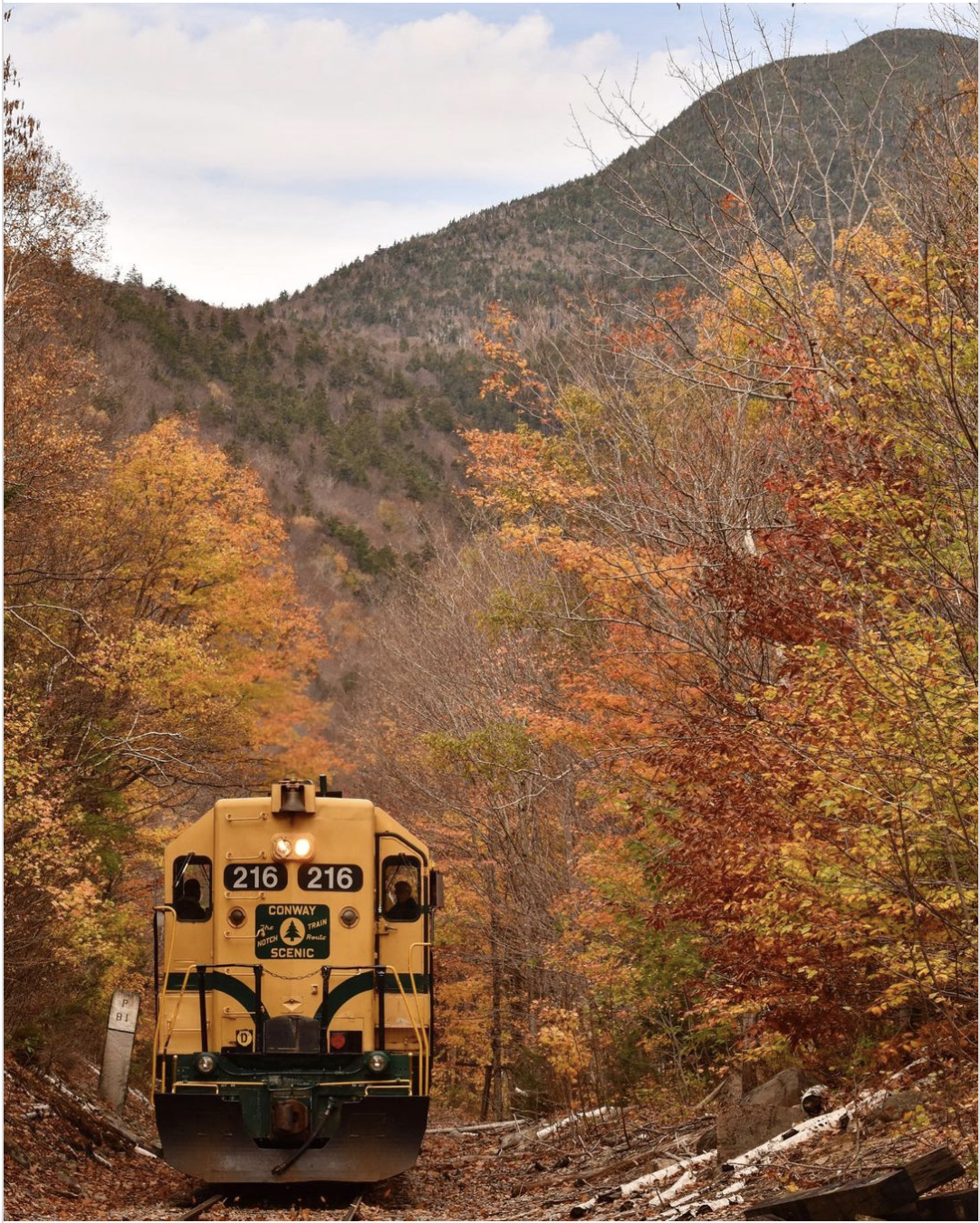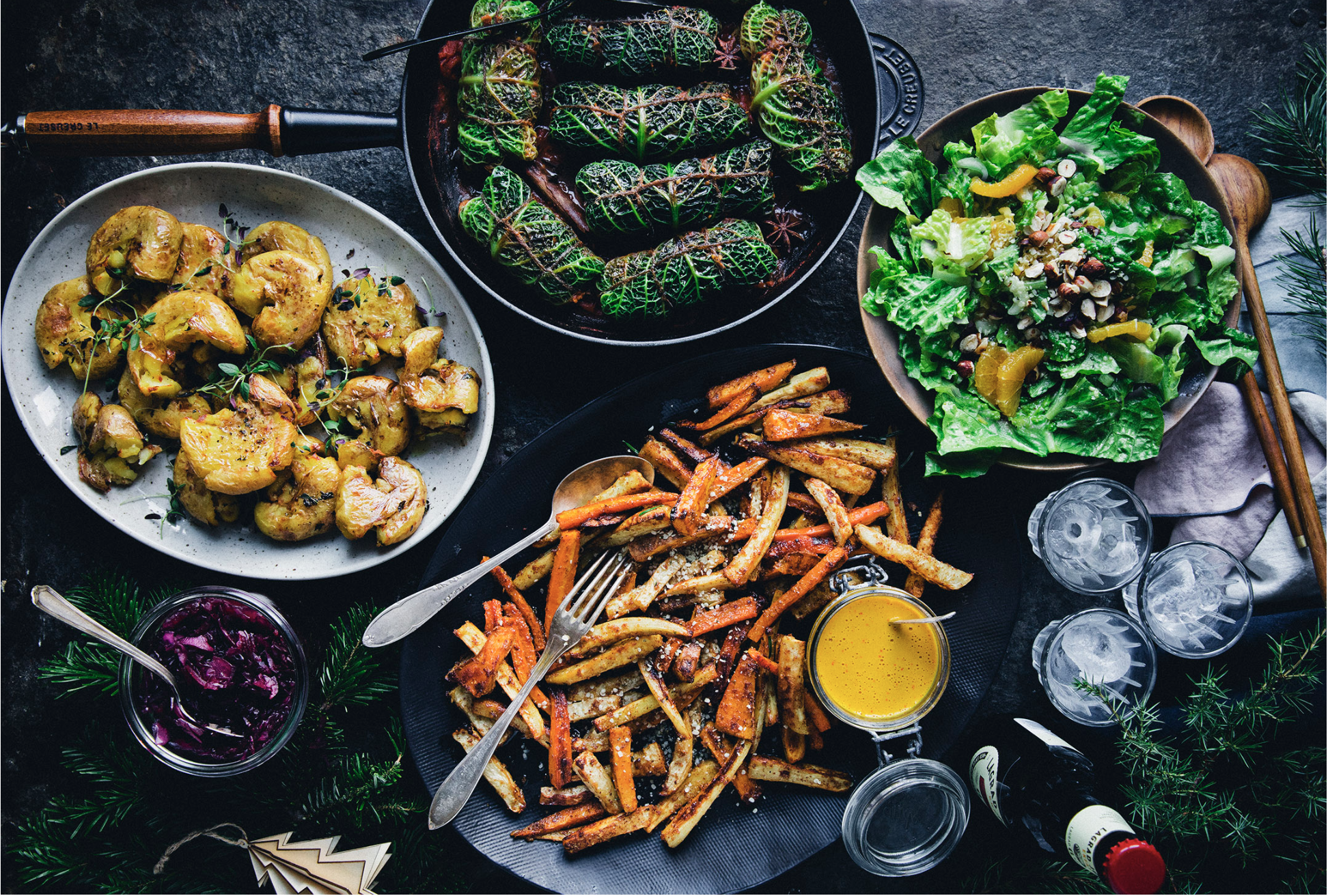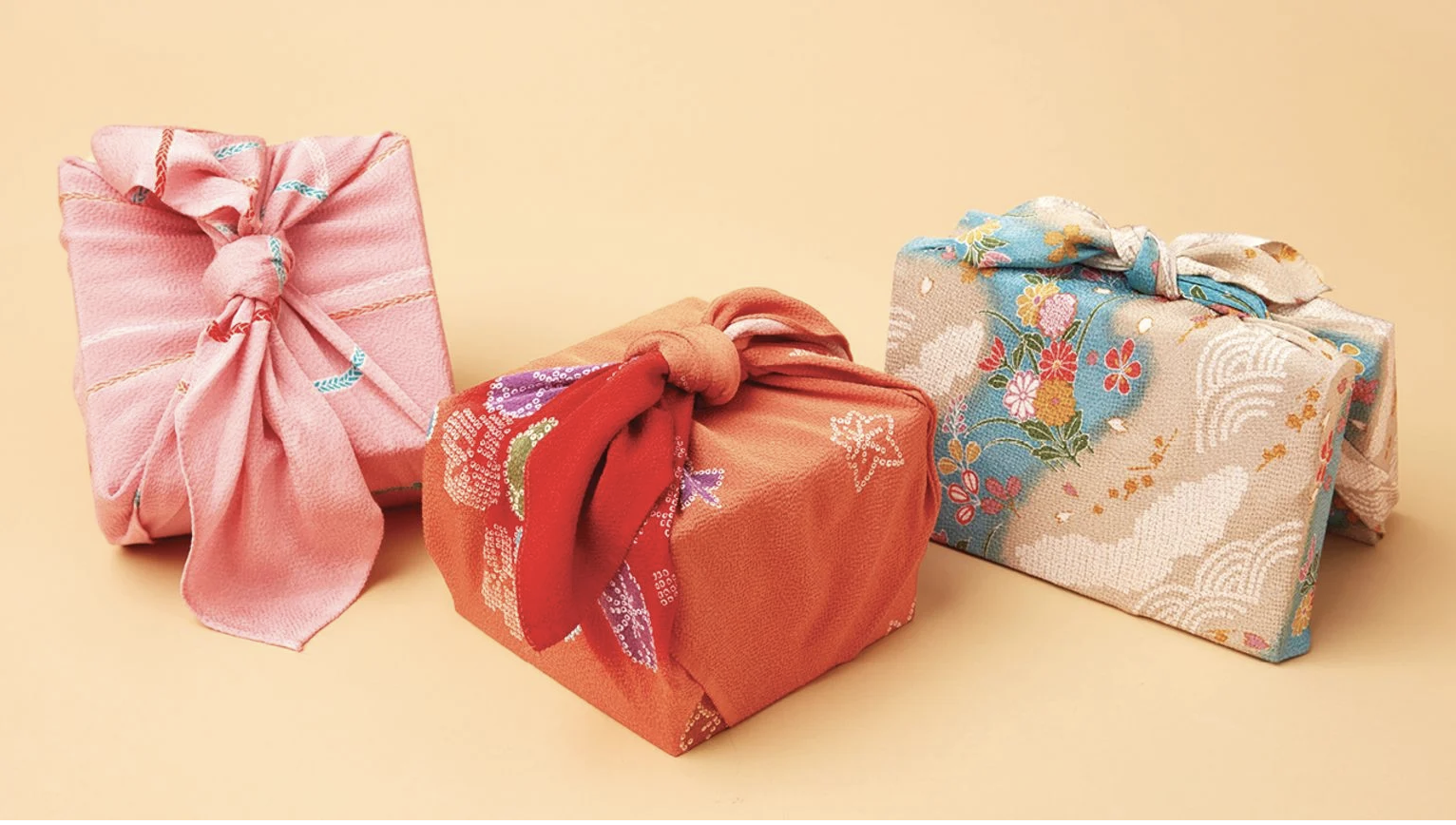Community & Celebration
Hallelujah by Haim
In the Midwest, the change of the seasons – and the approaching cold bite of winter - heralds the holidays. For most cultures, the end of one year and the beginning of the next is a time to spend in community. Whether with family and friends, in church or school pageants, or in the streets with neighbors, the holidays are a time for celebration and reflection, when we recognize the importance of being together. How lucky is it that we all ended up on this tiny blue-green dot in the universe at the same time?
But, around the world, the holidays have also been coopted for another purpose - to boost the economy and provide a much needed bump in Q4 to pad out year-end numbers. For us humans trying to live responsibly in the world – or consumers, as the talking heads like to say (as if consuming were the de facto form of interaction with the world) – this can mean rethinking old traditions and refocusing on what truly matters. For me, this means trying to be thoughtful about:
- Travel - my family, like many, is spread out and most of us need to travel to be together
- Food - for me, as in many cultures, food is a prime conveyor of celebration
- Gifts - gifts show our love and gratitude for our family and thoughtfulness about what they really need
In spite of the endless advertisements and sales, the blaring of Christmas carols from store windows and the misinterpretation of good cheer as buying more stuff, the holidays are not just about consuming. They are about resting, about making, about giving – not just stuff, but time, energy, and attention. The holidays are a time to be thoughtful and to celebrate.
Travel
Travel is a hard one for many people, because most of us can only take so many days off work so efficiency of time is paramount. Of course, with all the other expenses around the holidays, cost is also a factor. To the extent you have flexibility, it is important to plan ahead. Where it might have been possible to take the train, carpool, or book a nonstop flight with a little more lead time, it seems stressful and impossible last minute.
I think it's equally important to build in some things you look forward to, that make the trip seem less onerous. For a long car ride, are there any great books on tape you want to listen to? Can you plan a fun stop for some donuts or lunch (a particularly good thing to anticipate if you're driving an EV)? If you're taking a train, can you bring along some hot tea and a good book, or play cards with friends? Build your activities into your transportation. The time in between can be used wisely, as a moment to relax during the go-go of the holidays.

Food
As with travel, planning ahead often yields the best (and most susty!) results for your celebratory feasting. Of course, giving your Aunt who makes the best holiday rum cake a heads-up is prudent, and so is planning for that overnight brine / bread proving / cookie decorating / oven sharing. But, a couple of overlooked points may be sourcing and vegetarian/vegan accommodation.
Sourcing is particularly important for meat. Although I tend not to eat a lot of meat during the year (it's one of the easiest changes to make for the environment, your wallet and your health), I do believe that the holidays are the right time to indulge. Fish and fowl will be more sustainable than pigs, which will be more sustainable than lamb, goat or beef. But, if there was ever a time for a roast beef, in my opinion, it's Christmas.
Historically, many cultures (especially the working class) only ate meat during festivals or times of celebration (link.springer.com). Not to mention, when butchering large animals, sharing with a group spreads the effort of cooking and eating. Although in modern times we may not be killing the fatted calf, it is pretty hard to eat an entire goose by yourself, not to mention pick the carcass and turn it's bones into stock. When sourcing a large cut of meat for a celebration, I consider not only the quality but also the sustainability and ethical nature of production.
At a minimum, I am looking for a local farm that raises their animals humanely. Ideally, I am looking for a local regenerative farm that pasture raises heritage breed animals on a biologically suitable diet without added hormones, and slaughters them humanely without transporting them to an external facility (which is stressful for the animal). As you might imagine, the ideal can be hard to find, and what criteria you prioritize depends on your budget and willingness to research. I suggest local and Certified Humane as your baseline. A local butcher or a Whole Foods (in that order) are good ways to find such quality.

See this post for more guidance on meat sourcing.
Another sustainable consideration for celebratory feasting is NOT making meat the center of the spread. We often gravitate towards meat during celebrations because it's just traditionally where most of the effort goes. Try asking your family vegetarians or vegans: how much they can typically eat out of what is served at a family dinner (if they don't bring it themselves)? I would bet its only 2-3 dishes, if that. Instead of just doing what we've always done, we can reprioritize vegetarian and vegan dishes, and make them truly delicious instead of the "one green thing on the table" sop to healthiness.
There are so many great plant-based recipes that are more than capable of being the star of the show, and you don't need fake meat substitutes to get there. If you need inspiration, I really like Green Kitchen Stories for easy versatile formats and Naturally Vegan for global dishes, but a quick Google search of "plant based recipes" will turn up a world of options. Or hey, ask that vegetarian family member what they like to cook.

Gifts
Gift giving is ubiquitous for different holidays in different cultures, but in my family, Christmas was the traditional gift giving extravaganza. As a child, it was my favorite part of Christmas - so many brightly colored parcels piled under the tree, on Christmas Eve slowly distributed until a much smaller (but still considerable) pile was stacked up just for me. In retrospect, I realize that what I loved most was the ritual of it - how all the kids were assigned to dole out the presents from under the tree, finding out if you got the toy you asked Santa for, showing off your new acquisitions, playing with the cousins and their new toys afterward.
Ritual and emotion are things that can be recreated without the extravagant consumption and bag upon trash bag of non-recyclable wrapping paper. Taking turns to receive something, having a moment in the spotlight, relaxing together after dinner, small mysteries uncovered – these things can be achieved with Secret Santas or White Elephants, by playing games or singing songs together. Of course, by all means, give gifts to specific people as well if you know they need something. The feeling of obligation to get people things when you don't know what they want, or if they don't need anything - this is what should be replaced.

Over time, my family has moved away from such extravagant gift giving. Instead we do book exchanges, DIY gifts, experiential gifts, secondhand or thrifted gifts, or small thoughtful gifts that we know people will actually appreciate. One year my aunts organized a dodgeball tournament and threw a pizza party (great fun; I am bad at dodgeball). One year I gifted everyone with homemade sugar spiced nuts, tea, thrifted cashmere sweaters, and requested only charitable donations. One year my brother and SIL gave everyone their favorite brand of comfy socks (everyone needs socks and nice socks are the kind of thing you really appreciate but rarely buy for yourself I've found). This year I am planning a Champagne and Sugar Cookies event, where we will decorate and bake cookies and watch Christmas movies.
Instead of non-recyclable wrapping paper, we now reuse paper from magazines or newspapers, buy recycled brown paper, or take inspiration from the Japanese and use handkerchiefs and cloth. One year my mom put all our gifts in pillow cases, so we could reuse them! Creativity is fodder for good memories as much as extravagance, and most people have too much stuff. So, have a think about your gift giving traditions, and consider what it is you actually like about them. Then, have a chat with your family and try something new this year!

If there is one thing I've learned about living sustainably, it's that no one does it alone. The structures and systems in which we make our choices, and the way our choices affect or influence other people are reflective of the way we - as individuals - are integrated into our communities and the world. Our choices are the most influential when we are with our families and our communities because they are visible, demonstrable, in person. Our choices are the most crucial when we celebrate because they become associated with joy.
Holiday happenings become tradition because children remember them, and reenacting them brings back nostalgia and childhood merriment. To do something sustainably – that is, for a long time – it cannot only be difficult; there must be moments of satisfaction. To live sustainably - as a responsible human on this planet - is only possible if we do it together and we do it with joy.
And if you always wondered which is more sustainable, a real Christmas tree or a fake one, the answer is: a real one!
You can even rent potted Christmas trees that are delivered to your door and then picked up and replanted for next year. Happy Holidays all!
